Events can educate, inspire, and connect, but all too often they escalate into resource-intensive glorifications of excess and exclusivity. How We Gather Matters provides insight and practical tools to unleash the potential of gatherings to help create a more purposeful, inclusive, waste- and emissions-free society.
Leor Rotchild is a speaker, author, podcaster, and consultant with 20 years of sustainable business experience. He is the Senior Director at the consultancy Upswing Solutions and previously served as Executive Director of Canadian Business for Social Responsibility. Leor is a pioneer in the sustainable events industry and founder of an environmental events company called Do It Green, which supported hundreds of major events. He lives in Calgary, Alberta with his partner and two children.

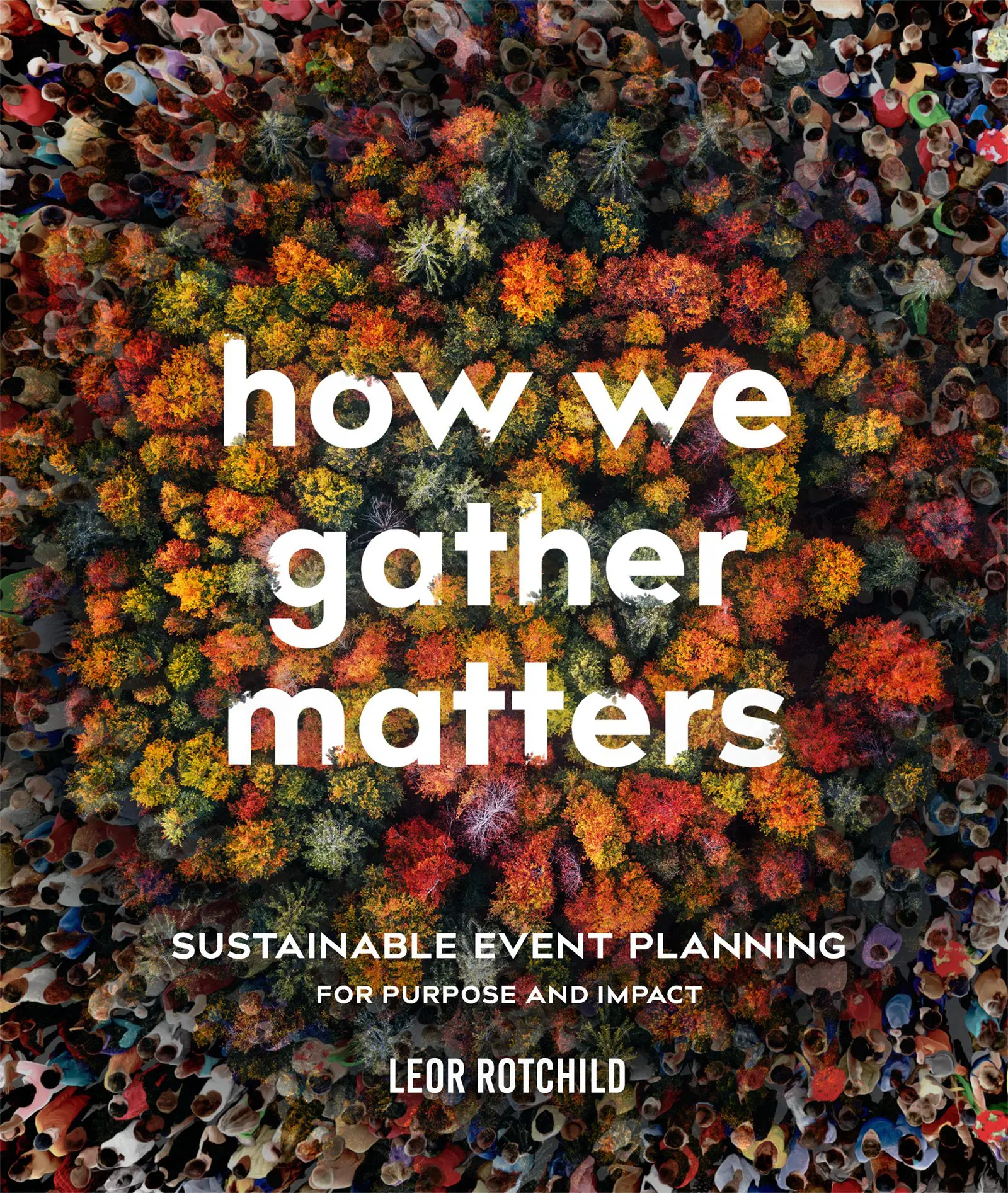

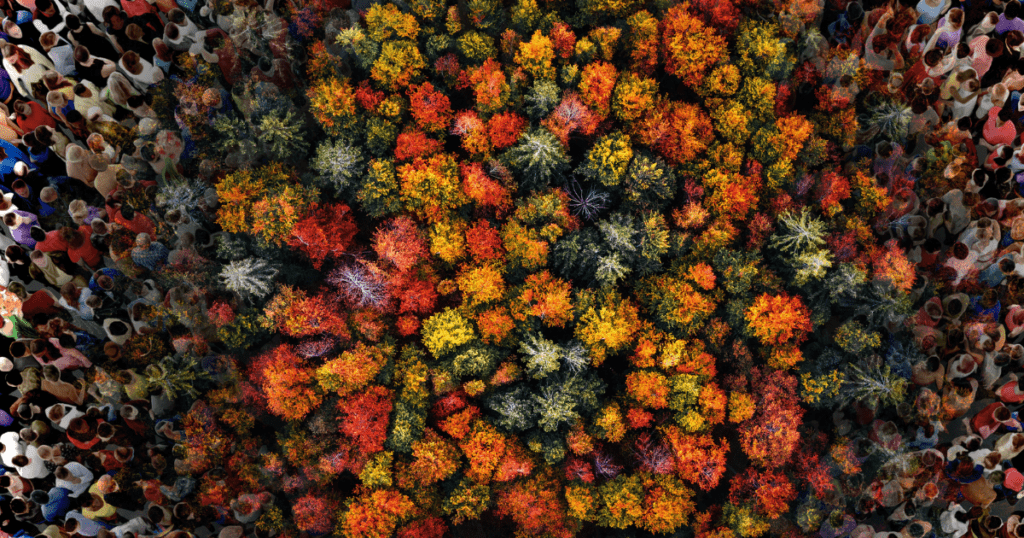
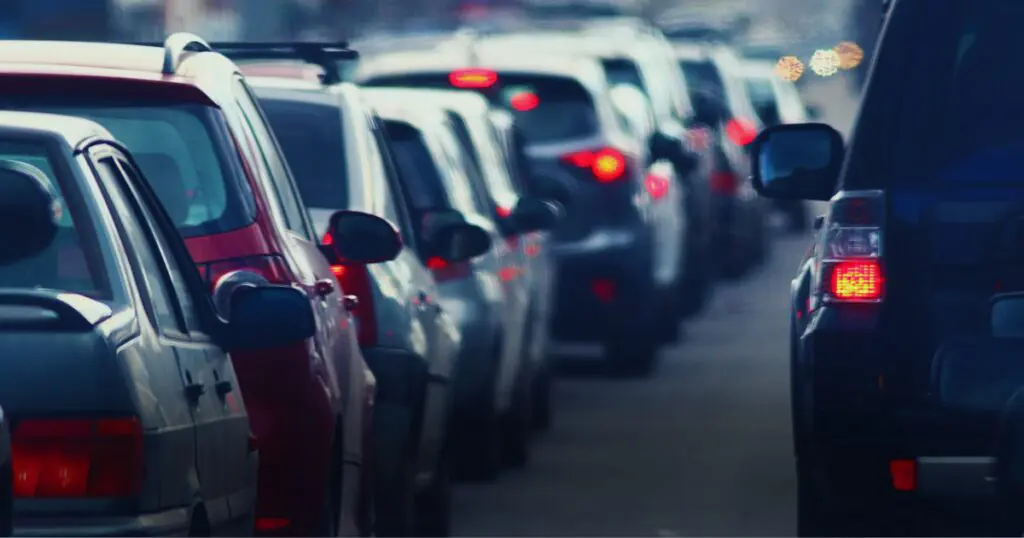
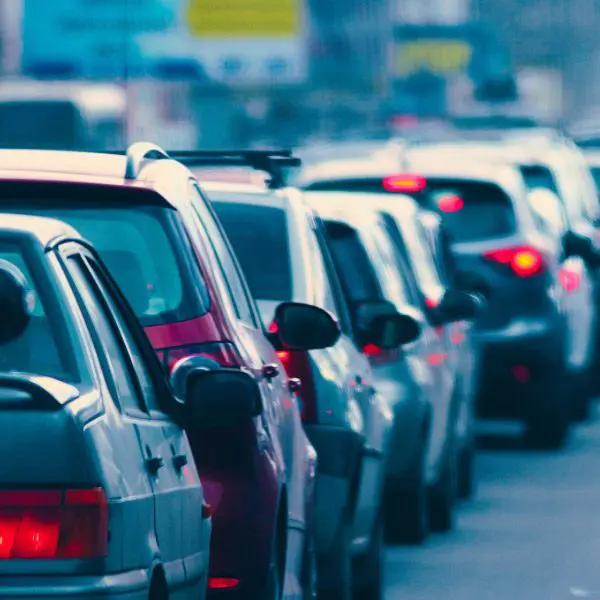
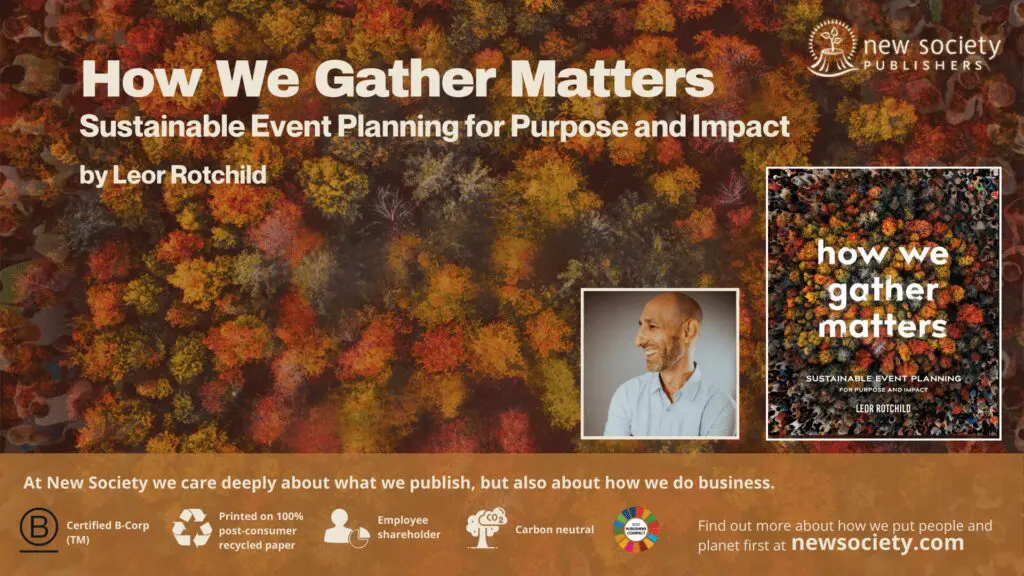
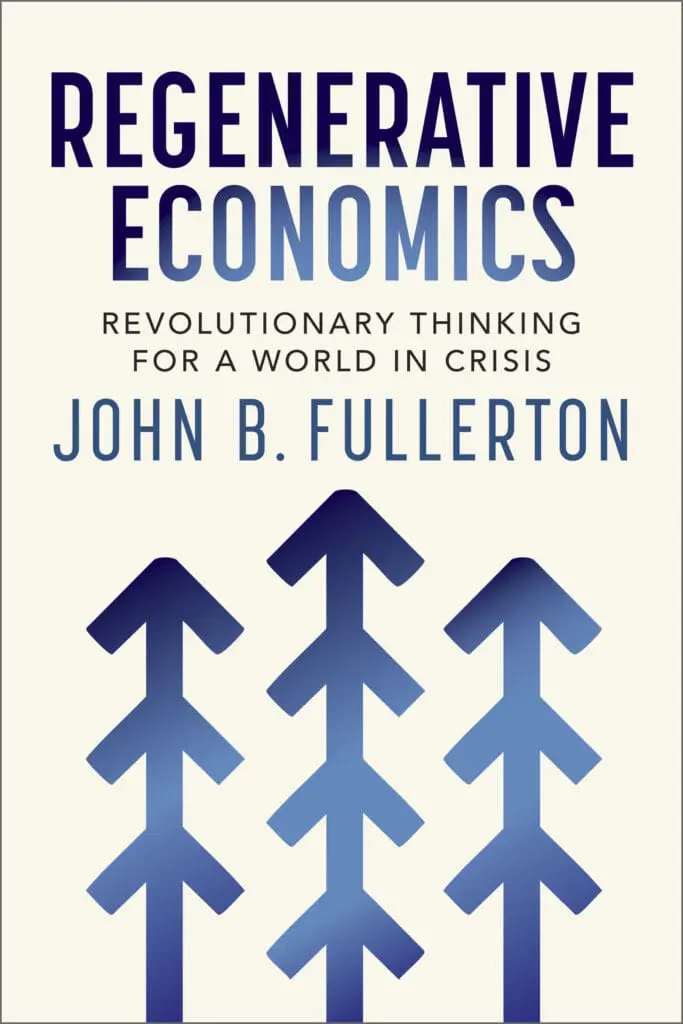
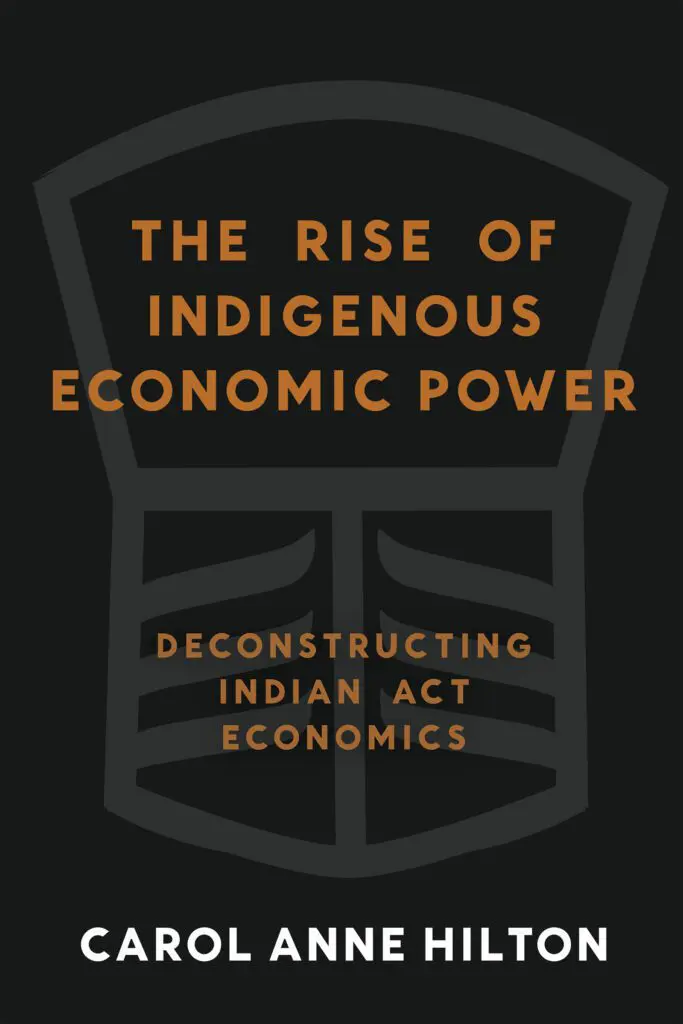
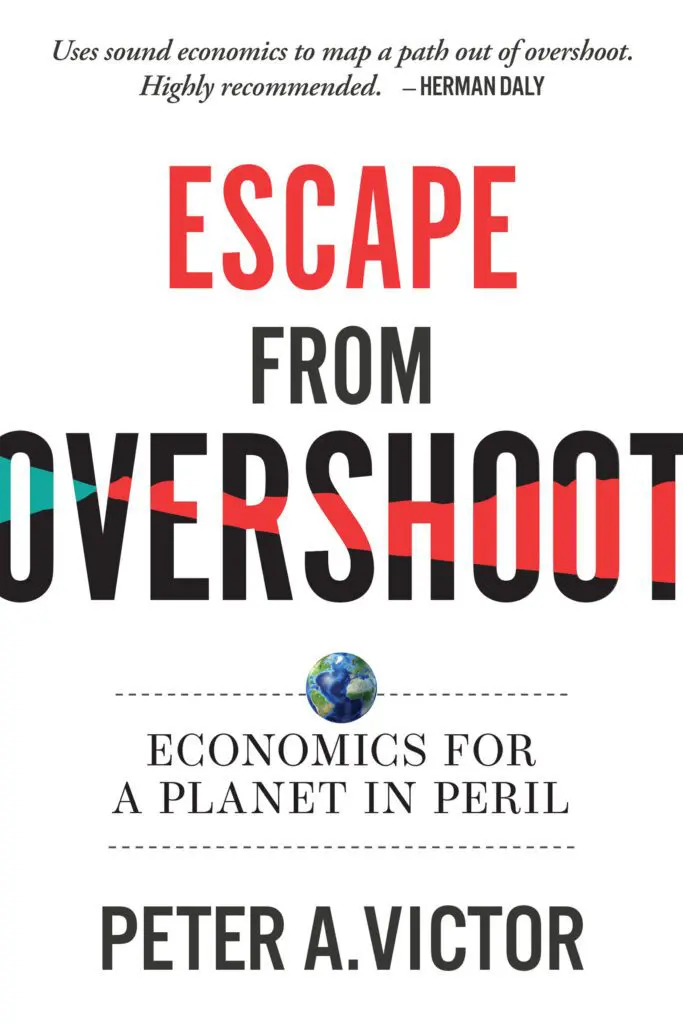
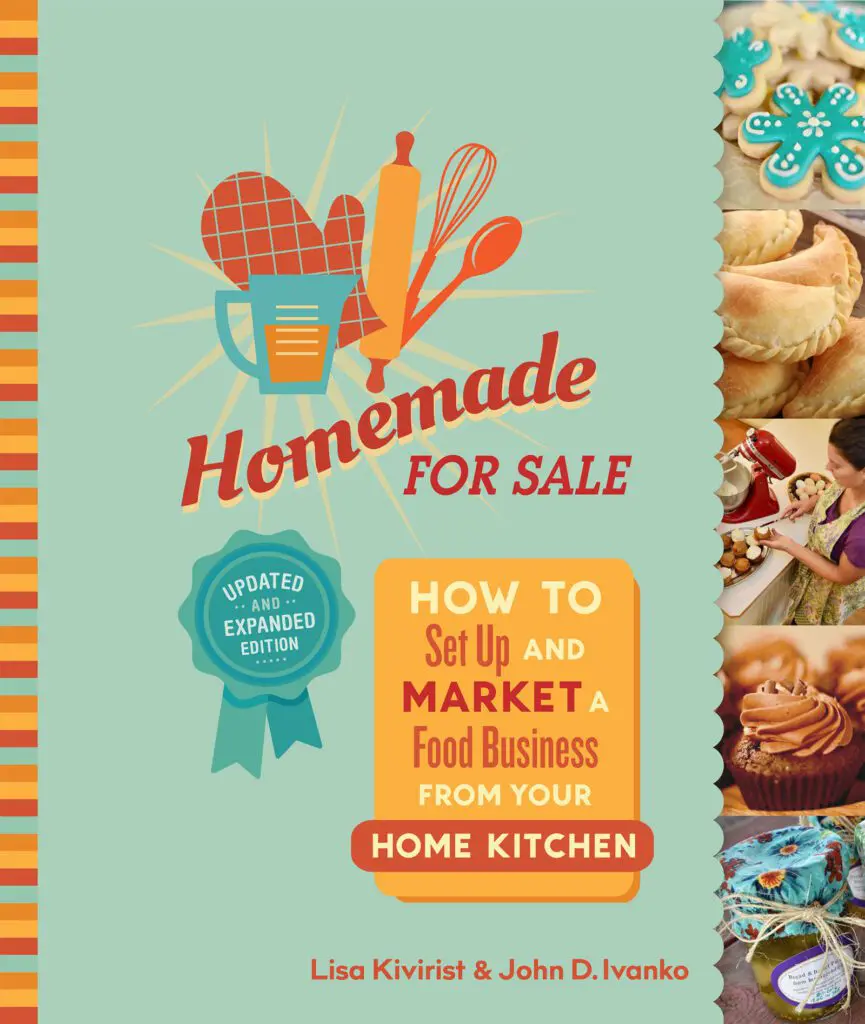
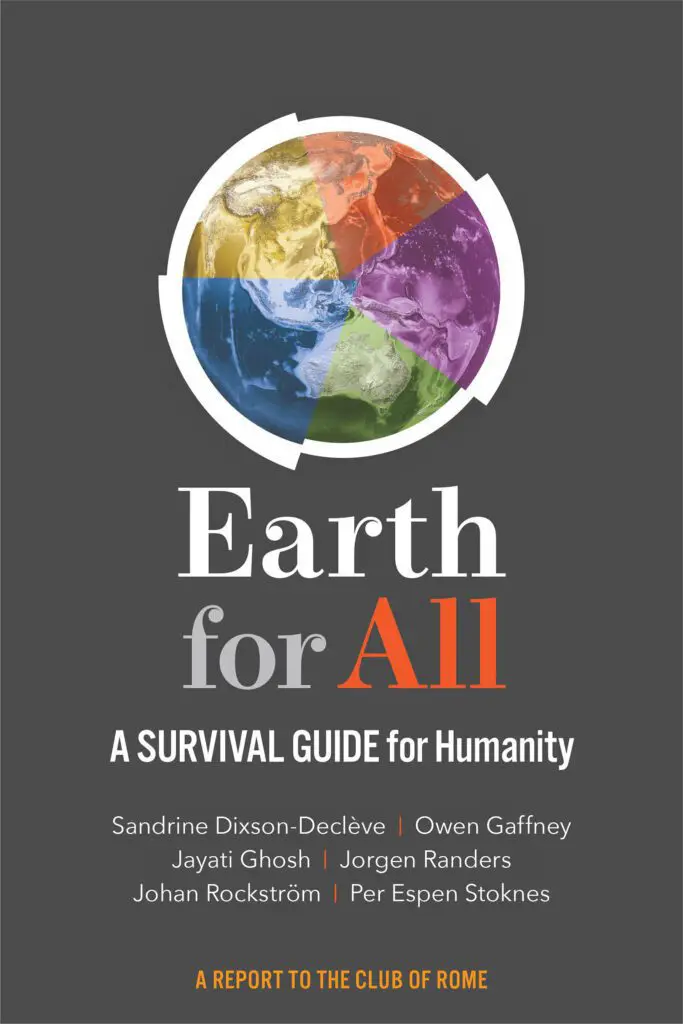
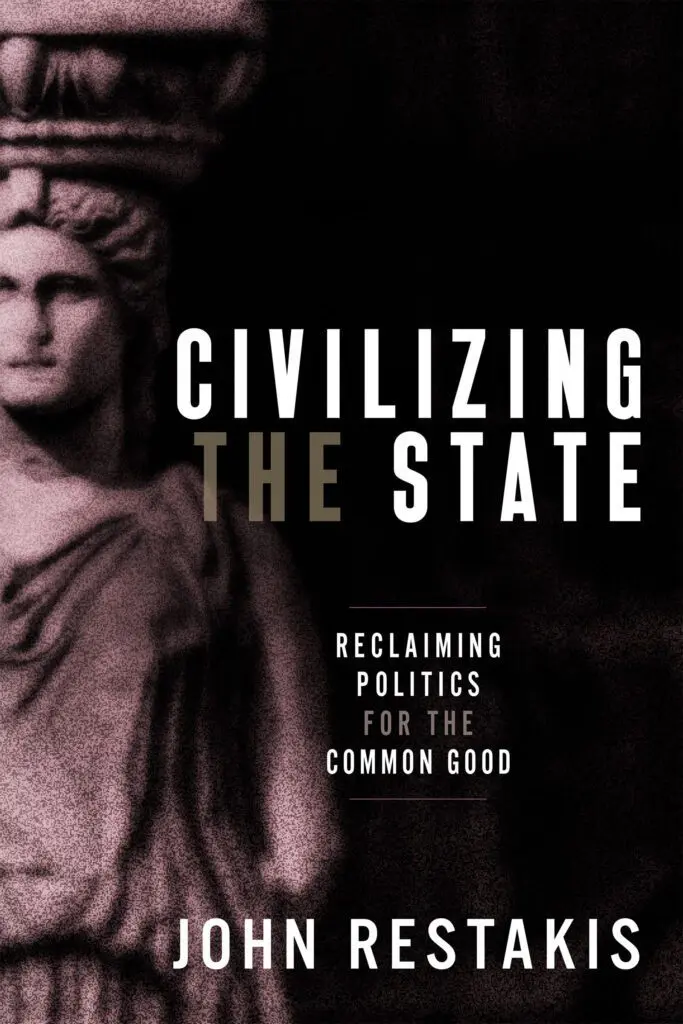
Theresa O’Connell –
I received this as an ARC. Thank you New Society Publishers.
This book is about how as a society, we can make big events such as festivals, fairs, and concerts sustainable with less or no waste events.
While I was reading the book, many of the ways mentioned, such as reusable plates, drink ware and flat ware, reminded me of monthly potlucks or pitch-ins that we have at places of worship or community meals.
One of the main areas that sparked my interest was, how to travel to events in a much greener way. I liked the idea of public transit teaming up with event venue to get people where they needed to be without having to rely on cars. Thus making the events easier to breathe at and more enjoyable for everyone.
So next time you are planning a big event that is earth friendly, this book can be used as a guide.
Annette Flinterman –
The aim of events is to connect people, connect a community and the author gives clear ideas, steps and examples to engage everyone involved for more sustainable events, avoiding green washing (clarified using the 6-headed hydra of greenwashing). Events are more memorable, enjoyable, and ultimately more profitable when they serve a deeper purpose and catalyse for collective action. This book gives ideas of questions to ask and principles and values one can use to set clear goals, produce zero waste and it takes to move away from plastic water bottles. How important deep listening is, to really engage with people (own team, vendors, audience…) and understand where they are coming from and what they need to move forward and make responsible changes. This is often overlooked, but finding a connection and common goal is most important to get further. Something I also encounter in discussions about climate actions.
Another aspect highlighted is the use of inclusion, creating a safe space for everyone who wants to attend. Very interesting was the table with reasons why women are often left behind as well as all the examples clarifying what diversity really means. Great is also the list of questions, to find the right venue.
As mobility generally is the strongest Carbon-producer of an event, much attention is given how to reduce this, make it greener and how to promote that. Shocking was to read about the “Elephant in the room” – how the aviation industry is trying to offset their carbon imprint by for example using SAF – Sustainable Aviation Fuels, which actually take away agricultural land for food production.
Loads of ideas and tips to get started!